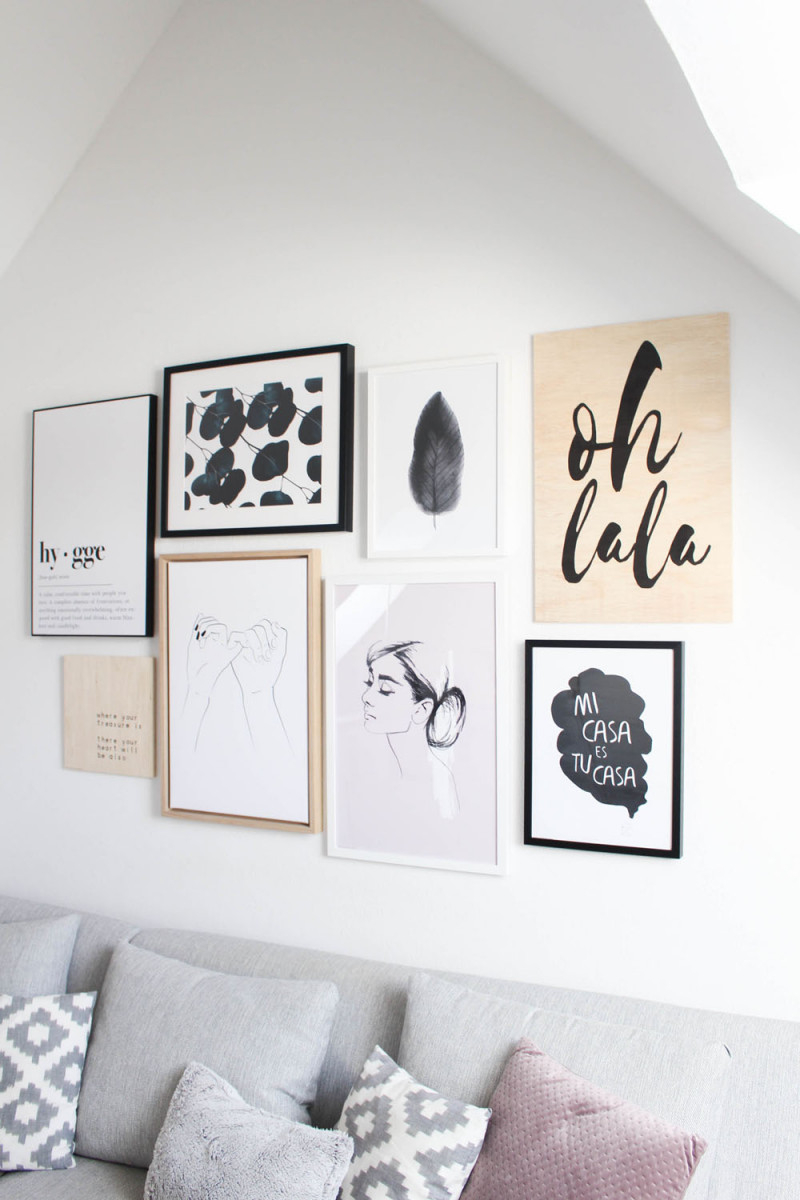5 Bilder Anordnen Wand: Kreative Gestaltung für Kinder

"5 Bilder Anordnen Wand" sounds like a fun and engaging activity for children! It could be a few things:
1. A Wallpaper Theme: This would be a wallpaper with a specific design that encourages children to arrange 5 pictures on it. The uniqueness of this wallpaper could be:
- Grid System: The wallpaper has a grid system with spaces for 5 pictures, encouraging organization and planning.
- Thematic Design: The wallpaper has a theme like animals, space, or nature, inspiring children to choose pictures that fit the theme.
- Interactive Elements: The wallpaper might have interactive elements like hidden shapes, numbers, or letters, adding a learning aspect to the activity.

2. A Coloring Page Theme: This would be a series of coloring pages, each with a different image, and a guide to arrange them on a wall. This theme could be:
- Storytelling: The 5 pictures could be part of a story, encouraging children to create their own narratives.
- Emotions: The pictures could depict different emotions, allowing children to explore their feelings through art.
- Seasons: The pictures could represent the four seasons, teaching children about the changing year.

To understand better, could you tell me:
- What is the specific goal of "5 Bilder Anordnen Wand"? Is it for decoration, learning, or both?
- What age group are you targeting? This will help me tailor the instructions and complexity of the activity.
- What kind of art materials are available? This will determine the best techniques for creating the images.

Let’s explore the benefits of drawing for children, regardless of the specific activity:

Drawing: A Window to the World
Drawing is more than just putting pencil to paper. It’s a powerful tool that helps children explore their creativity, develop their fine motor skills, and learn about the world around them.
Benefits of Drawing for Children:
- Boosts Creativity: Drawing allows children to express themselves freely and imagine new worlds. It encourages them to think outside the box and come up with unique ideas.
- Improves Fine Motor Skills: The act of drawing requires precise hand-eye coordination, which strengthens fine motor skills essential for writing, playing instruments, and other activities.
- Develops Cognitive Skills: Drawing engages children’s brains in problem-solving, planning, and spatial reasoning. It helps them understand concepts like shapes, sizes, and proportions.
- Enhances Communication: Drawing can be a powerful way for children to communicate their thoughts, feelings, and experiences, especially when words fail them.
- Builds Confidence: As children master drawing techniques, they gain confidence in their abilities and feel a sense of accomplishment.
- Promotes Relaxation: The act of drawing can be a calming and relaxing activity, helping children unwind and de-stress.

Drawing Techniques for Children:
- Start with Simple Shapes: Begin with basic shapes like circles, squares, and triangles. These are the building blocks for more complex drawings.
- Practice Lines: Encourage children to draw different types of lines, such as straight, curved, wavy, and zig-zag.
- Use Different Colors: Introduce various colors and encourage experimentation with color combinations.
- Add Details: Once children are comfortable with basic shapes and lines, they can start adding details to their drawings.
- Explore Different Materials: Use crayons, markers, colored pencils, paints, and even natural materials like leaves and twigs to create art.
Let’s make drawing fun and engaging for children!
5 Frequently Asked Questions (FAQs):
1. What if my child doesn’t know how to draw?
- Encourage them to experiment and have fun! There’s no right or wrong way to draw.
- Start with simple shapes and lines, and gradually introduce more complex techniques.
- Praise their efforts and focus on the process, not the outcome.
2. What if my child gets frustrated?
- Remind them that drawing is about exploring and expressing themselves.
- Encourage them to take breaks and come back to their drawing later.
- Offer positive reinforcement and support.
3. How can I make drawing more interesting?
- Use drawing prompts like "Draw your favorite animal" or "Draw what you see outside your window."
- Create a drawing challenge with a specific theme.
- Let them draw with different materials like chalk, clay, or sand.
4. How can I display my child’s artwork?
- Create a dedicated art space in your home.
- Use a bulletin board, magnetic board, or even a simple clothesline to display their drawings.
- Frame their best pieces and hang them on the wall.
5. How can I encourage my child to draw more?
- Make drawing a regular part of your routine.
- Set aside dedicated drawing time.
- Participate in drawing activities with your child.
- Take them to art museums and galleries to inspire them.
Remember, the most important thing is to create a fun and supportive environment where children feel free to express themselves through art.
Let’s get creative and unleash the artist within!

